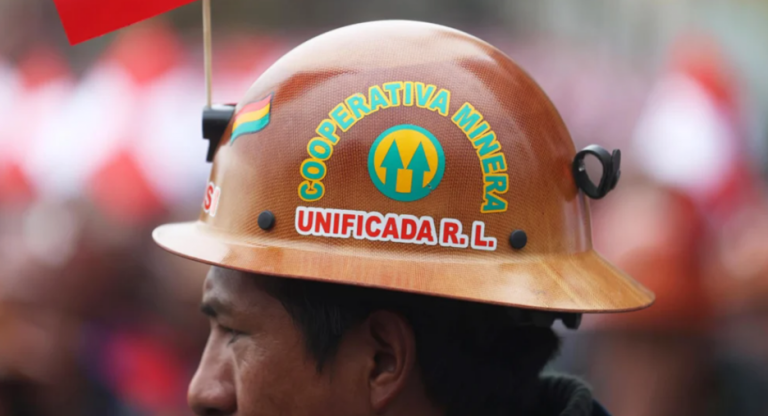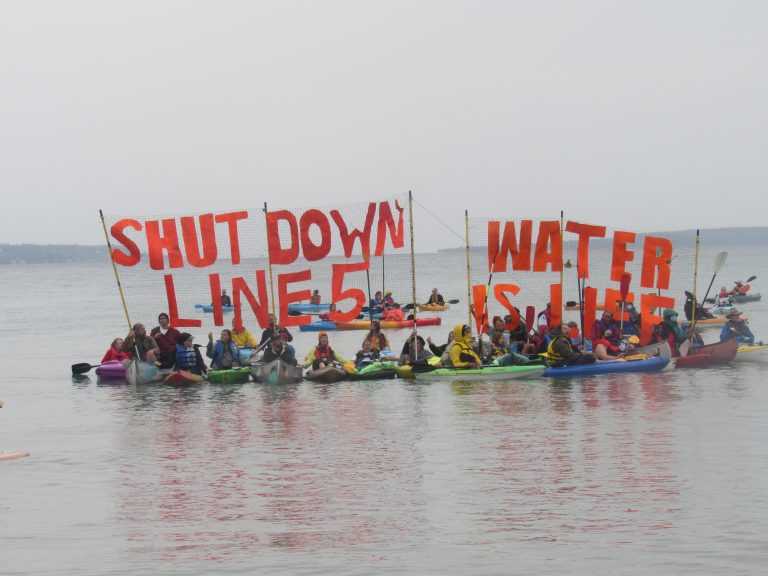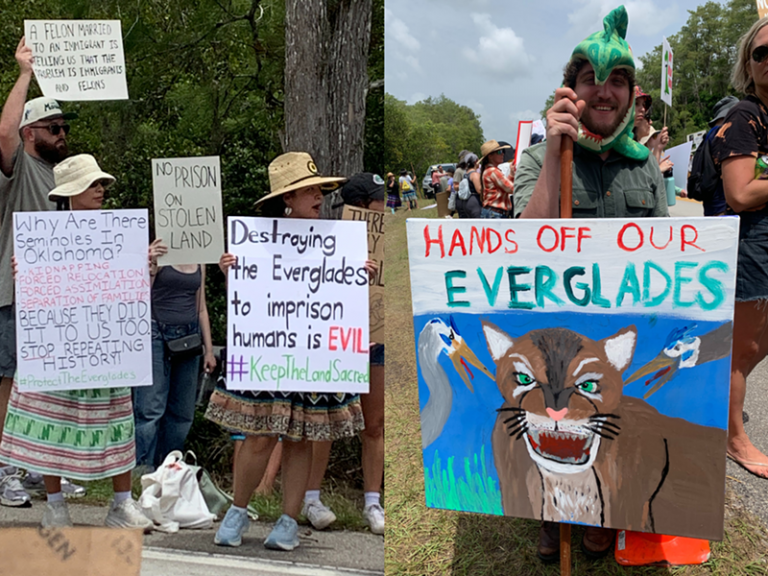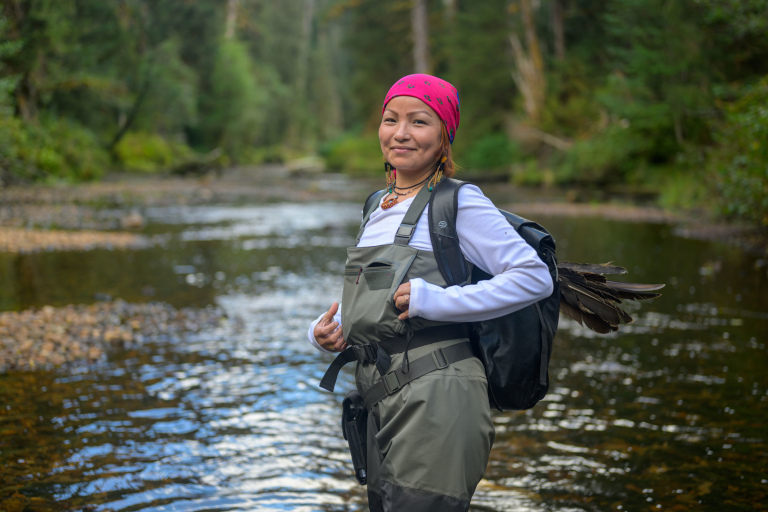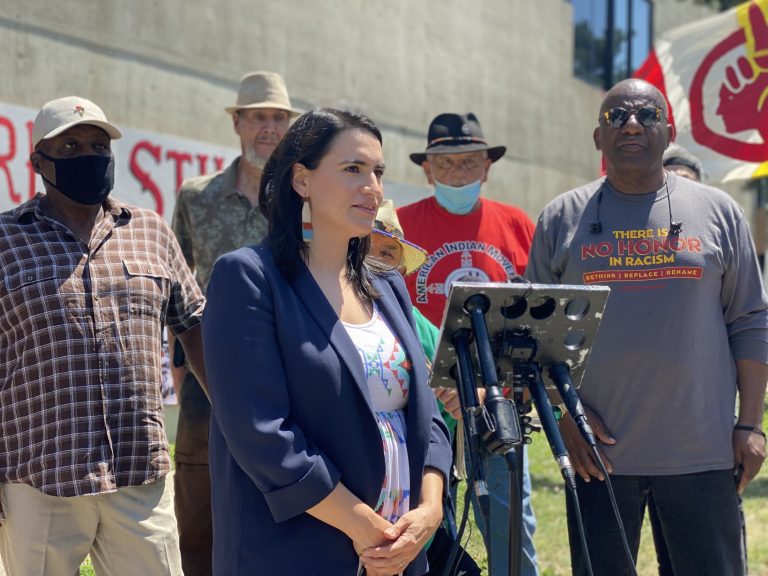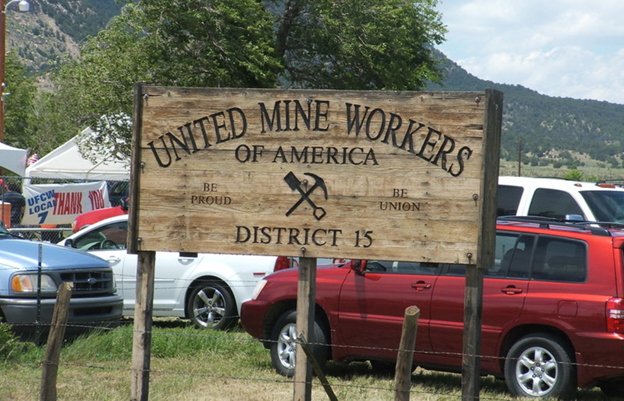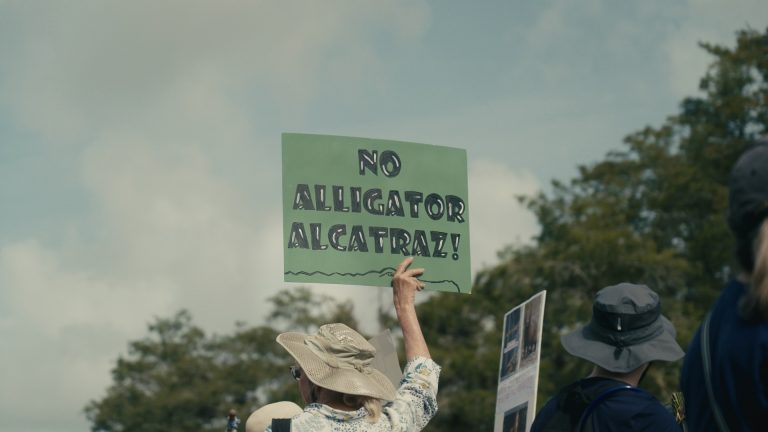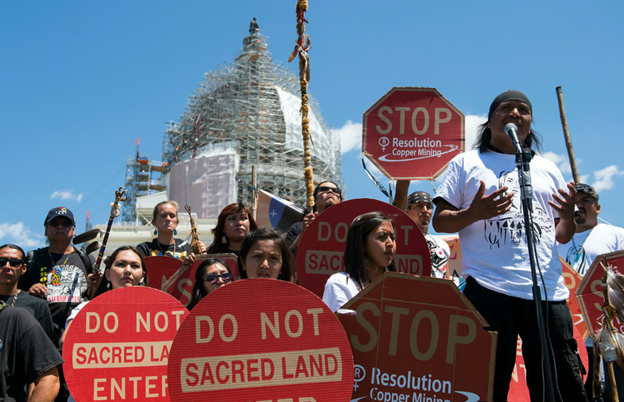Bolivians Mobilize In Rejection Of Rodrigo Paz’s Fuel Price Hike
Members of the Bolivian Workers’ Central (COB), the country’s largest labor organization, mobilized this Monday in a national strike against Decree 5503 imposed by President Rodrigo Paz, which eliminated fuel subsidies after more than 20 years.
In this regard, miners, coca growers, and some sectors affiliated with the COB gathered in La Ceja, El Alto, marched through the avenues of La Paz, and finally descended towards the seat of government.
The mining leaders, represented in one sector by Alfredo Uño Villca, demanded the immediate annulment of the decree and the opening of genuine channels of dialogue with the central government.

